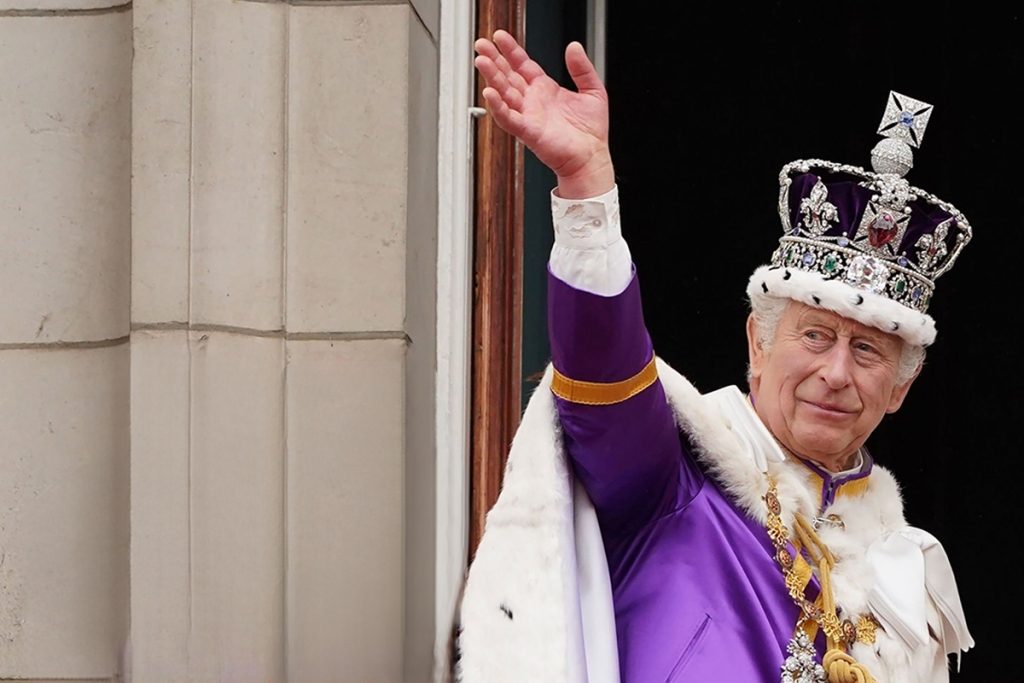As the United Kingdom gears up for an early parliamentary election on July 4, King Charles III has announced a significant reduction in his public engagements over the next six weeks. This decision, echoed by all members of the royal family, aims to uphold the tradition of political neutrality during the campaign period.
The move comes shortly after UK Prime Minister Rishi Sunak’s decision to call for an early election, prompting Buckingham Palace to ensure that the royal family’s actions do not overshadow the democratic process. Despite ongoing cancer treatments, the reduction in public appearances is not directly related to the king’s health but rather to uphold the monarchy’s role as a unifying figurehead during times of political transition.
In adherence to constitutional norms, King Charles III granted permission for the early dissolution of Parliament, a procedural step necessary for the upcoming election. While technically possessing the power to refuse such a request, historical precedent and democratic norms make refusal highly unlikely, given the potential for accusations of political interference.
The current session of Parliament will be prorogued on Friday, a ceremonial act overseen by the monarch, although King Charles III will not personally attend the formal end of the session. This decision reflects the monarchy’s commitment to maintaining a neutral stance throughout the election process.
In accordance with both legal restrictions and traditional expectations, the royal family is prohibited from engaging in any form of political activity, including campaigning, endorsing policies, or expressing political preferences. Consequently, all public engagements that could potentially divert attention from the election campaign have been postponed or canceled.
Despite these restrictions, there are exceptions. King Charles III and Queen Consort are slated to attend ceremonies marking the 80th anniversary of D-Day on June 6, a testament to the monarchy’s role in commemorating historic events and maintaining national unity.
George Gross, a royal expert at King’s College London, underscores the significance of the monarchy’s role during election periods. With Queen Elizabeth II overseeing 21 general elections during her reign, the expectation for the monarchy to provide stability and continuity remains paramount.
Elections inherently introduce a degree of turbulence into the political landscape, making the role of the monarchy as a symbol of continuity all the more crucial. Gross emphasizes that the monarchy must remain apolitical, serving as a unifying force above the political fray.
As the first general election of King Charles III’s reign, this period marks a defining moment for the monarchy. With the eyes of the nation on the electoral process, the monarchy’s ability to maintain neutrality will be closely observed.
Amidst the whirlwind of political activity, King Charles III and the royal family navigate their roles with careful consideration, prioritizing the principles of democracy and political neutrality. As the nation embarks on this electoral journey, the monarchy stands as a steadfast symbol of stability and continuity, embodying the timeless traditions of the British constitutional monarchy.


